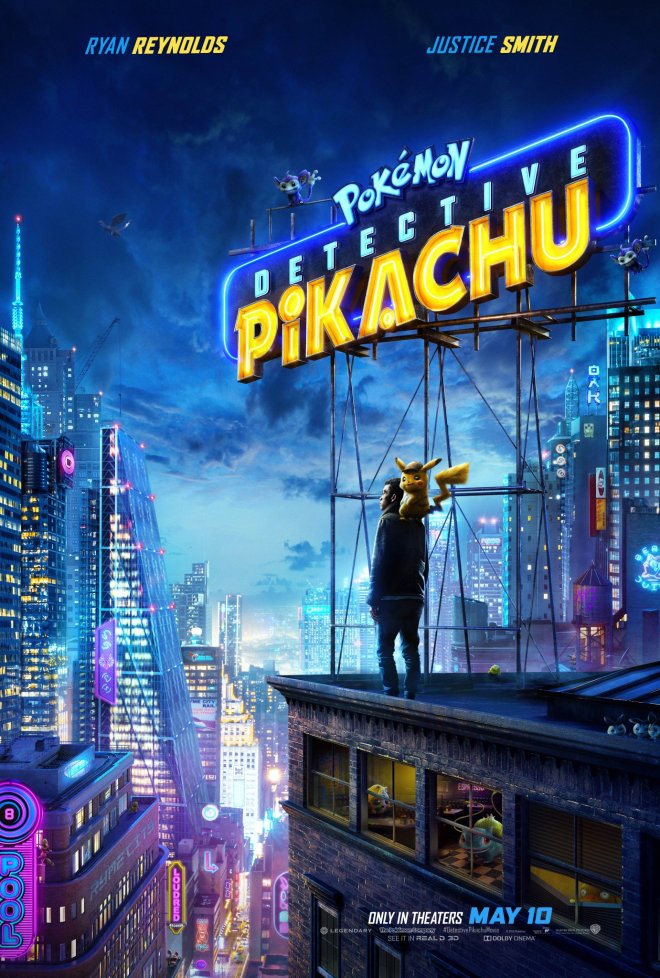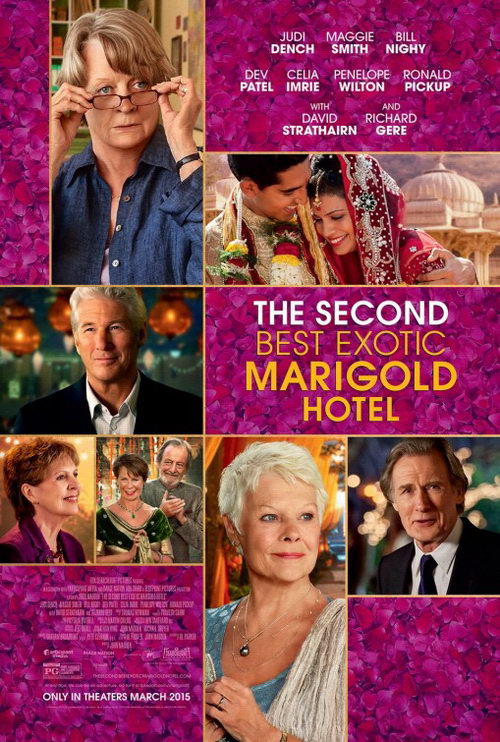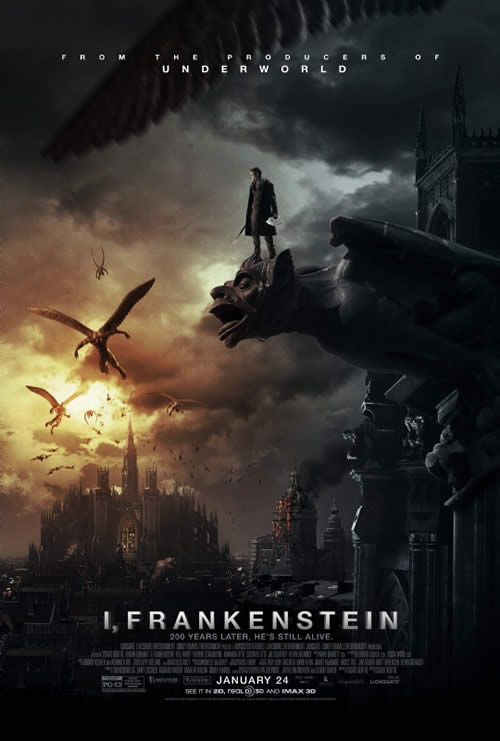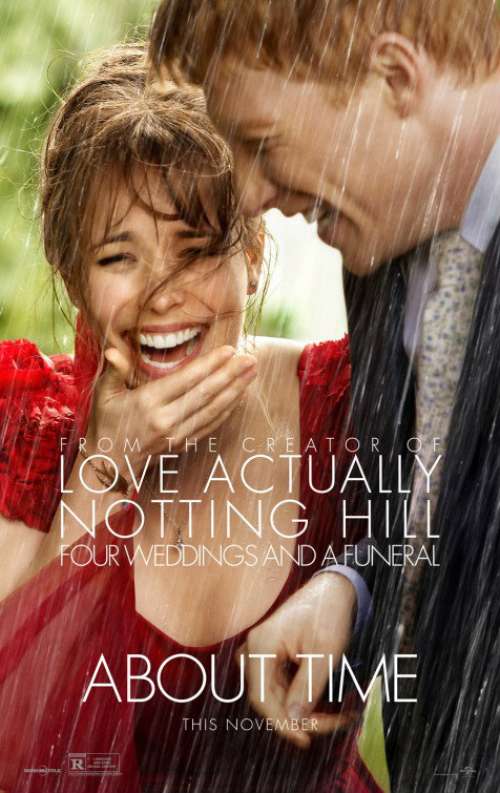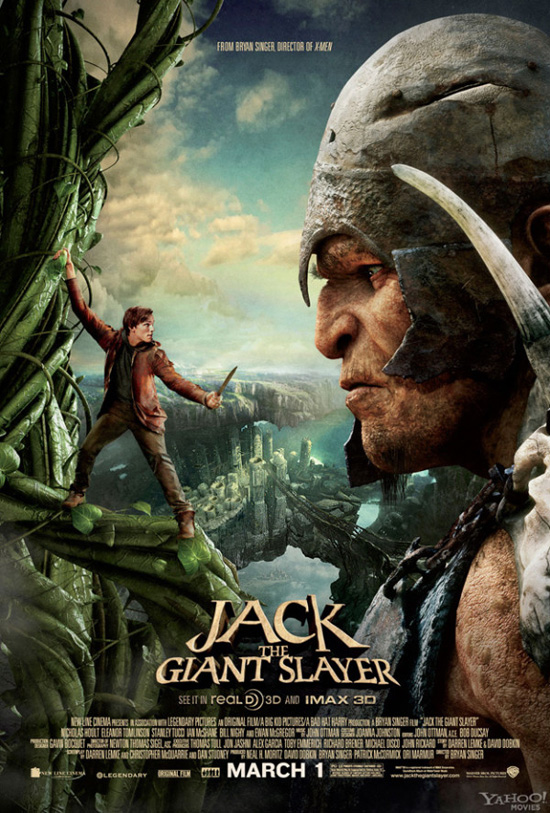
So here’s me last year, jaw dropped at the end of Pirates of the Caribbean: Dead Man’s Chest – deeply frustrated at the ridiculous cliffhanger the movie had ended on, but also hoping against hope that they’d find some way to wrap the trilogy up in a way that did some – any – kind of justice to the original, and still the best, movie, Curse of the Black Pearl. Well, it’s been a long wait and I’ve finally seen At World’s End – and much as I did actually enjoy it (really, I did!), all things considered, I can quite honestly say that it’s crystal clear now that no one involved in the making of Pearl had any clue they’d be forced to cobble together another six hours worth of movie just to get all those cash registers a-ringing with drooling Johnny Depp fans eager to see their pirate-hero swagger back into the cinemas.
From where we left off: the delightfully loopy Captain Jack (Depp) has been spirited away by the kraken and is busy arguing with myriad versions of himself at, well, World’s End. Estranged lovers Will Turner (Orlando Bloom) and Elizabeth Swann (Keira Knightley) set out to rescue their erstwhile buddy, even though Will really just wants to save his dad Bootstrap Bill (Stellan Skarsgard) from the nefarious slime of the Flying Dutchman, ship of oceanic menace and lovesick fool Davy Jones (the ententacled Bill Nighy). Working with a newly resurrected Captain Barbossa (Geoffrey Rush) and the mysterious, slightly witchy Tia Dalma (Naomie Harris), the intrepid crew braves pirate-lord Sao Feng (Chow Yun-Fat) in Singapore, freezing Arctic temperatures and, finally, a completely zonked-out Captain Jack in the flesh. The ostensible goal is to restore both Jack and Barbossa so they can meet with their pirate brethren – the other seven pirate lords who each possess one of the mystical pieces of eight once used to bind the sea-goddess Calypso in human form. They have to head off the really cut-throat Lord Cutler Beckett (Tom Hollander), whose East India Company is hellbent on ridding the oceans of pirates and has Davy Jones’ beating heart as ransom. As pretty much everyone in the movie converges on Shipwreck Cove, each with their own secrets and ambitions, AWE explodes in every direction with breath-taking action scenes, occasionally sparklingly funny dialogue, and a plot that makes less sense the longer you think about it…
There’s no way to synopsise a movie like this one, really – I guess I should have realised this going in, since DMC made relatively little sense in and of itself and I shouldn’t have expected or hoped that AWE would be any much more illuminating. In fact, it’s more than happy to confuse matters even further. For the most part, and I’m not sure how director Gore Verbinski manages this, the movie chugs along on its own head of steam, appearing fairly understandable even as the myriad plotlines unfurl and twist around each other and basically get so tangled you can’t ever be quite sure, in retrospect, whether you understood it in the first place. That Verbinski somehow steers the script written by Ted Elliott and Terry Rossio towards something that approximates coherence is a feat in itself, especially after having read all those stories about how filming on AWE started without a completed script.
But, all this being said, the apparent lucidity doesn’t mean that, ultimately, the movie’s plot really hangs together – Verbinski just made it seem like it does. Most frustrating is the largely unresolved storyline involving Davy Jones and his lost love: I had high hopes that they’d be able to make something of this, especially in a touching scene between Davy and the object of his frustrated affection that finally gives Nighy some screen-time unencumbered by CGI tentacles. Nighy, to his credit, is enough of an actor to pour a lifetime’s disappointment and resentment and, yes, love, into the few seconds when his human face is on display, as the physical signs of his curdled heart are too briefly melted away. But, unfortunately, as events swirl to a climax, this storyline annoyingly tapers off into nothing – the promised wrath of Davy’s spurned lover petering off into so much etheral sea-foam. Someone suggested to me that they might be setting this up for a fourth Pirates installment – which is possible, but it would be a cop-out and deeply unsatisfying if so.
Because the movie’s messy plot is littered with so many characters and ideas, other developments frequently go the same way – unexplained or simply assumed to be the case. The movie’s mostly breakneck speed, hopping along at a quick clip through most of its 170-minute running time, means that the audience just goes with the flow. But it’s frustrating to anyone who’s a fan of the characters as they were originally introduced: at that point in time, all of them were breaths of fresh air, with the apparently morally reprehensible and yet always oddly honourable Jack leading a motley crew of charming, quirky, completely random folk. Suddenly, we’re confronted with a Jack deadly keen on sailing the seas forevermore, a Barbossa who too easily forgets his enmity with Jack (although we do get quite a few delightful scenes exploring the hilarious, snark-laced friction between them), and a sort-of-broken-up couple in the form of Will and Elizabeth whose estrangement seems an afterthought in the larger scheme of things. Don’t even get me started on how the battle finally winds down to an ending: Beckett’s motivation and characterisation is particularly poor in this instance, as is the way in which his crew and, ultimately, fleet responds to what happens to him.
So yes, there is a lot going against one enjoying AWE. And I haven’t even mentioned how angry you could easily get when you realise there wasn’t much of a point to DMC being made at all – they could have spliced both movies together in a leaner, meaner cut that would probably have made more sense and been a far better film. Yes, AWE, in many ways, actually makes DMC redundant – a travesty if ever there was one, since middle installments of trilogies, having neither a real beginning nor end, as a rule already fare less well in terms of critical appeal than their respective bookends. But the last thing they should be is pointless. Oh, I’d hazard to say there are some confusing parts if you haven’t watched DMC – but I saw this with a friend who hadn’t seen the second movie and yet managed to follow the story with, I suspect, hardly any trouble. Of course, it’s possible also to argue that AWE‘s plot was so convoluted anyway that it didn’t matter whether you’d seen DMC or not – especially since what transpires in the former seems to contradict what we were told in the latter.
So why three stars, you ask? Well, as already mentioned, Verbinski does a truly marvellous job of hiding the movie’s flaws in plain sight – they’re all right there, to be criticised, but you just don’t notice them, or really care all that much about them, until you’re out of the cinema. When you’re actually watching the movie, Verbinski works mighty hard to ensure that you’ll be always, constantly entertained. And in that, he succeeds in spades. The movie’s sprawling sets (Singapore as fishing village) and awesome set-pieces (the Black Pearl and Flying Dutchman locked in a watery battle to the death in a sinkhole several leagues large) are some of the best, most jaw-dropping eye-candy ever put on screen. As the ships slide into battle with each other, and pirates swing from ship to ship with merry abandon, or as Davy Jones’ decidely fishy crew bounds among humans, the spectacle is quite something to behold. You can’t accuse Verbinski of having made an ugly film: whether it’s the light-drenched psychological meanderings of Jack at the beginning of the film, followed as he is by a thousand little rock-crabs, or the gloom-soaked scenes of ships being tossed among the waves as they struggle to fight off Beckett’s Armada… it’s all gorgeous, gorgeous stuff.
Somewhere around the halfway mark of DMC just under a year ago, I also gave up on the possibility that these two sequels would in any way approach the lighthearted genius of Pearl. And when you go in expecting little more than a summer blockbuster, there really is a great deal to enjoy in AWE. The movie is peppered through with some of the random dialogue and moments that made Pearl such a treat to watch: mostly involving good ol’ Captain Jack spouting off another wry, half-drunk one-liner that’s as loopy as it is cuttingly real. Again, it becomes clear that this is a franchise built on the strength of Depp’s characterisation of Jack: he made the first movie what it was, kept the second from expiring beneath the weight of its retrospective redundance (ha, alliteration), and again breathes immeasurable life into the third as he lopes from scene to scene scheming, double-crossing, thieving, and basically doing everything you’d hope Captain Jack would do. Without the sheer magnetism that oozes from pretty much every iota of Depp’s body and face, there’s no doubt that Pirates would have been a franchise literally dead in the water upon arrival. With him, Verbinski has managed to squeeze a six-hour-long drop of blood out of a stone.
Thankfully, there’s more fun to be had elsewhere, too. Rush makes a thoroughly welcome return as the pompous, power-hungry Barbossa; more than anyone else in the cast, he is in every way Depp’s equal, as he struts, postures and growls his way through their arguments over who captains the ship (“They be my charts!” “That makes you Chart-man!”), or as he shepherds a reluctant crew to rescue a man not many are convinced needs to or should be rescued. Some cameos work better than others – Keith Richards as Jack’s tipsily powerful daddy works a treat, whereas Chow, despite being heavily featured in the publicity for AWE, gives a mannered, shouty performance that amounts to little more than a glorified cameo. Meanwhile, although the love story between Will and Elizabeth gets short shrift amidst all the other plotlines the writers had to accommodate, the way their story concludes is surprisingly affecting. That both actors have grown into their roles, with Bloom especially effecting a handsome, mature moodiness that he couldn’t conjure up even for Kingdom Of Heaven, makes for some fun moments too. The film also frequently offers up scenes that hint of the greatness that could have been, if only someone – anyone – in the editing room had been more judicious with the snipping scissors. Elizabeth’s final meetings with her father (Jonathan Pryce) and erstwhile fiance Norrington (Jack Davenport) are achingly sad in a way you wouldn’t expect from such a summery popcorn hit.
AWE is, truly, a case of writers and director trying every trick in the book to hoodwink the audience into thinking that they had always intended for Pirates to be a trilogy. You have to admire their audacity, I suppose, for concocting not one but two epic movies from the clues they mined desperately from a movie that was essentially perfect as a standalone piece. That they somehow succeeded in making not-entirely-dire movies is testament to the power and sheer appeal of Pearl and the character it first introduced to the world. I’m not sure how much more a stomach I’ve got for more Pirates-style blockbusters, but there’ll always be a place in my heart for Captain Jack Sparrow. And for catching on to that not insignificant fact, especially since I’m very much not alone in this, perhaps Verbinski, Jerry Bruckheimer et al did find something approximating hidden treasure after all.

